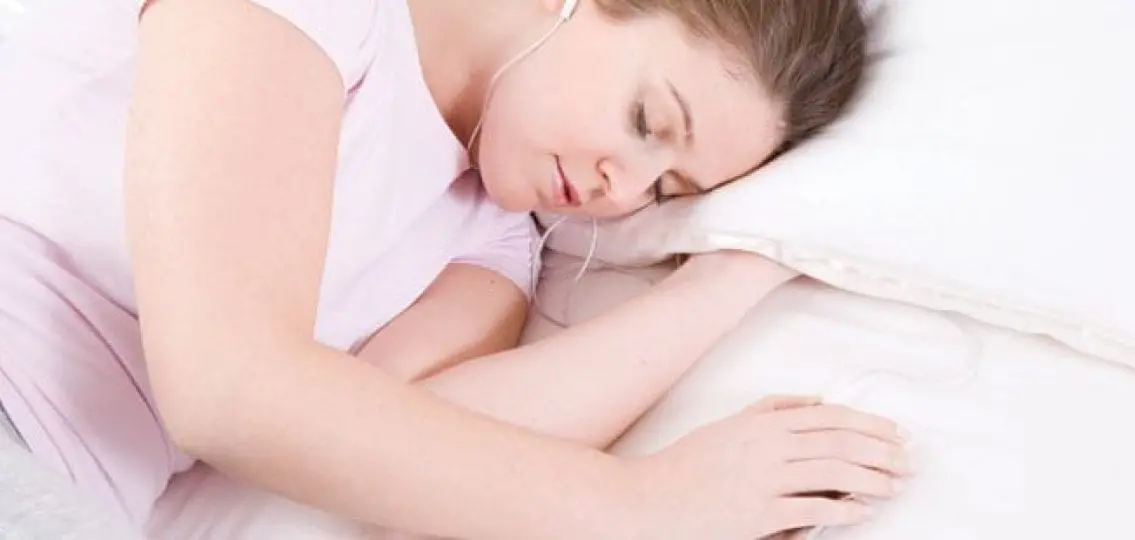As a child and adolescent therapist, I’ve used my education and experience to help guide other parents—as well as myself. Am I a perfect parent? Heavens, no. I’m the first to admit that I once called the Easter Bunny on the phone to discuss the messy state of my sons’ room – not my proudest moment. I do, however, think my husband and I are fairly effective in our parenting.
Unfortunately, there is a third parent involved who is constantly undermining me: Mother Nature. Especially now that both of my boys are in the throes of puberty. Despite my effort to keep the refrigerator stocked, gym shoes smelling clean and emotions to a minimum, their hormones kick in and Mother Nature says, ‘Honey, you can’t win when you’re fighting me.’
Dealing With Puberty And Sleep
Every evening is a losing battle. With a school bus pulling up in front of my house at 6:30 a.m., I know that in order for my boys to get their needed nine hours of shut-eye they need to be asleep (not in bed – asleep) by 9:00 p.m.
During puberty, our kids experience a later shift in their sleep cycle. This temporary ‘phase delay’ means that most adolescents aren’t biochemically ready for sleep until after 10:00 or 11:00 p.m.

Within the home, we need to teach and model the behaviors and habits that promote sleep. Evening stimulation is a significant culprit in adolescent sleep deprivation and should be a parent’s first target:
Stopping Sleep Deprivation In Teens
- Take away the Red Bull and Monster caffeine drinks.
- Encourage your teen to do homework in the afternoon rather than right before bed.
- Restrict stimulating video games, TV shows, bright light, exercise, and heavy meals in the hour before bedtime.
- Don’t let them take their cell phones or iPads to their rooms (parents often don’t realize how much texting occurs at 2:00 a.m.).
- Your teen’s sleeping environment should be dark and cool with minimal distractions.
- If you suspect intermittent sounds are disturbing your teen’s sleep, consider a white noise machine.
- You can even utilize classic home remedies such as chamomile tea, warm milk, turkey, or lavender.
Outside of the home, consider advocating for later school start times if your middle or high school starts before 8:30 a.m. While evening stimulation is a concern, most sleep experts estimate that the biggest cause of teen sleep deprivation is the morning alarm clock. Around the nation, parent groups have successfully advocated for later start times – whether in Wilton, Connecticut or Hudson, Ohio. Much of the research is now readily available at the websites of The National Sleep Foundation and Start School Later. You can even find and print official position statements on school start times by various health groups such as the Virginia chapter of the American Academy of Pediatrics, the Ohio Adolescent Health Partnership, or the Minnesota Medical Association.
Gather the data and talk to your local Parent-Teacher organization, sports boosters and music boosters. Then, as a group, reach out to your school board and superintendent. Who better to advocate for teens than their parents?





